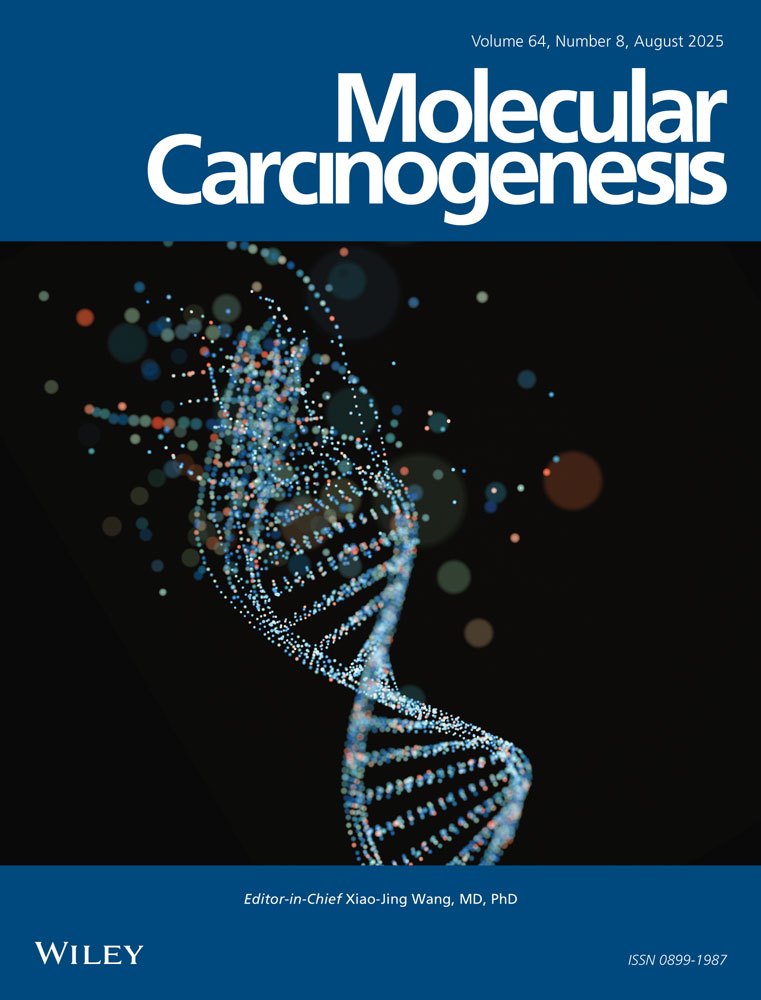Hypermethylation of the tumor necrosis factor receptor superfamily 6 (APT1, Fas, CD95/Apo-1) gene promoter at rel/nuclear factor κB sites in prostatic carcinoma
Abstract
DNA hypermethylation of CpG-rich promoter sequences is associated with tumor suppressor gene inactivation in many human cancers, notably in carcinoma of the prostate and the urinary bladder. Recently, the mouse homologue of the tumor necrosis factor receptor superfamily 6 (TNFRSF6) gene was reported to be inactivated by DNA methylation in various cell types. The Fas (CD95, Apo-1) protein encoded by the TNFRSF6 gene is an important mediator of apoptosis, which also is downregulated in different types of human carcinoma. We therefore investigated the methylation of the TNFRSF6 promoter in prostatic and bladder carcinomas and cell lines. In a restriction enzyme polymerase chain reaction assay, four of 32 prostatic carcinomas and three of 15 advanced bladder carcinomas showed evidence of hypermethylation at the rel/nuclear factor κB (NFκB) binding sites essential for promoter activity. The DU145 cell line derived from a metastasis of a prostate carcinoma also displayed hypermethylation in this assay, which was confirmed by bisulfite sequencing. Treatment of DU145 cells with the methylation inhibitor deoxyazacytidine slightly increased Fas protein expression, as detected by flow cytometry analysis. In vitro methylation of the TNFRSF6 promoter at the rel/NFκB sites completely abolished its activity. Thus, although the TNFRSF6 gene can be inactivated efficiently by DNA methylation, hypermethylation occurs neither frequently nor extensively in human carcinomas and appears to play a limited role in downregulation of Fas expression. © 2001 Wiley-Liss, Inc.




